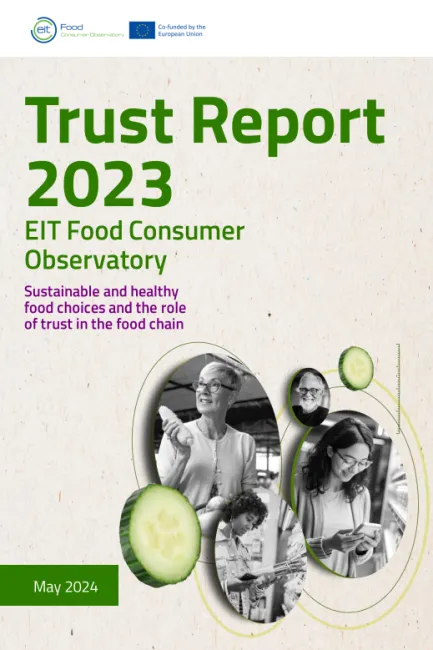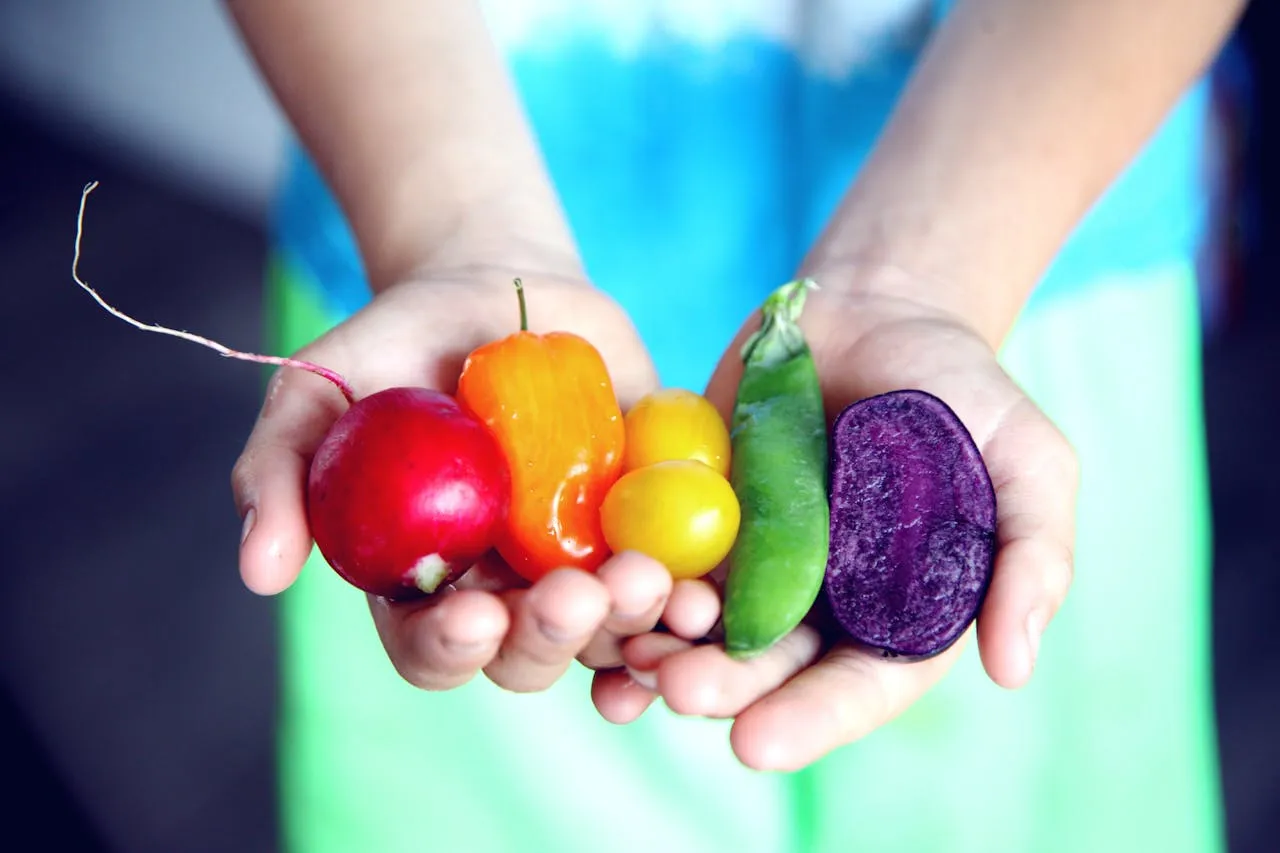This report by EIT Food assesses the level of trust European food consumers have with new technologies and innovations within the food system. It finds that levels of trust have remained relatively unchanged, but it points to potential pathways to improve the current state of trust between food consumers and other actors in the food system.

Summary
This report from EIT Food deals with trust in the food system in Europe. The report highlights the need for a better understanding of trust and the processes of building trust between food consumers and food retailers, producers, restaurants and caterers, manufacturers, authorities and various other actors in the food supply chain. The authors of the report claim that technology and innovation across the food system are critical to feed a growing population but consumers must be willing to accept and trust these changes. They state that “food transition is essentially a change in consumer behaviour,” which hinges on consumers believing the technologies and innovations are safe and good for them and the planet.
EIT Food has been tracking trust in the food system for the past six years through the Food TrustTracker study. The study tracks eighteen European countries (Belgium, Czechia, Denmark, Finland, France, Germany, Greece, Ireland, Israel, Italy, the Netherlands, Poland, Portugal, Romania, Spain, Switzerland, Turkey and the UK) and during the summer of 2023 nearly 20,000 nationally representative European food consumers over 18 years old were surveyed. The survey has run every year since 2018. This report combines findings from this study and further qualitative survey research in the studied countries. The report presents key takeaways in four areas:
Pursuing sustainable and healthy diets
The report finds that levels of trust in Europe have remained consistent over the study period but European’s reporting an intention to live sustainably has dropped from 78% in 2020 to 71% in 2023. It also finds that men, younger consumers, consumers with lower levels of education and consumers who live in rural areas are least likely to consider healthy and sustainable diets.
Openness of Europeans to new products and technologies
The report finds that Europeans have relatively low levels of openness to new products (about one third). They are especially wary of products that are seen as industrial or ‘unnatural’, which is a theme explored in our recent explainer on naturalness. The report also finds that those who are the most weary have the least healthy and sustainable diets with the exception of younger consumers who show higher levels of openness but often have poorer diets.
Confidence in the integrity of food and food tech
Similarly to openness to new products, confidence in food technology is low and does not show signs of changing. Food consumers feel confident in how the food system produces tasty food, with significantly lower levels of confidence in the healthiness, sustainability and authenticity of food which are harder for consumers to directly experience.
Trust in food system actors
The report finds that farmers are the most highly trusted group of actors, while authorities such as government agencies at the national and EU level are the least trusted. Not all farmers are viewed the same, with local farmers that can be easily visited being more highly trusted than large-scale industrial farmers. No group monitored through the study has seen increased levels of trust over time.
Reference
EIT Food, 2024. EIT food trust report 2023. EIT Food.
Read more here. See also the TABLE explainer Nature Knows Best? Naturalness in the Ultra-Processed Foods Debate




Comments (0)